Not everyone is a natural in the kitchen. Some people have their skills in other areas, but just because you don’t naturally have an affinity for cooking doesn’t mean you can’t learn – and ultimately be great in the kitchen! Like with most other things you try, the beginning can be tough but the most important thing to remember is to learn at your own pace, go back to the basics, and most importantly have fun. The following 5 tips for you kitchen beginners can help you get more comfortable in the kitchen and improve your skills easily.
Prep and Organize Your Kitchen
Before you even begin to make any food or get it out, you need to make sure you are always ready for your cooking endeavors. You must ensure you have all the ingredients and equipment for the meals or recipes you are trying to make. This might sound like a basic tip but having the essentials stocked and in your kitchen can help save you time and stress. Check the recipe, make sure you have the ingredients, and know what you need to do before starting, i.e., using room temperature ingredients, having a clear work surface and sink for washing as you go, or using many utensils.
Read The Recipe
Unlike with baking, cooking can be experimental. We do recommend reading the recipe to completion but see if all the ingredients sound delicious to you. If there’s something you don’t like (ever heard of how cilantro tastes like soap to a certain percentage of the population?) then opt to swap ingredients that sound better to you. That being said, when you are a beginner, you may be better off with following a tried and true recipe exactly as is so there’s less opportunity to get quantities and spices wrong. Whether it’s an immune-boosting carrot, turmeric, ginger soup, cupcake recipes, a traditional Korean rice cake soup, or literally anything, read the recipe, get familiar with the steps, follow the instructions, and experiment from there!
Get a Good Knife
The power of a good chef’s knife cannot be underestimated regardless of where you are with your cooling journey. A good quality knife can elevate your experience and make your prep work much easier. The right knife needs to be something that is easy to hold for you and is of a weight you can easily handle when using for different actions.
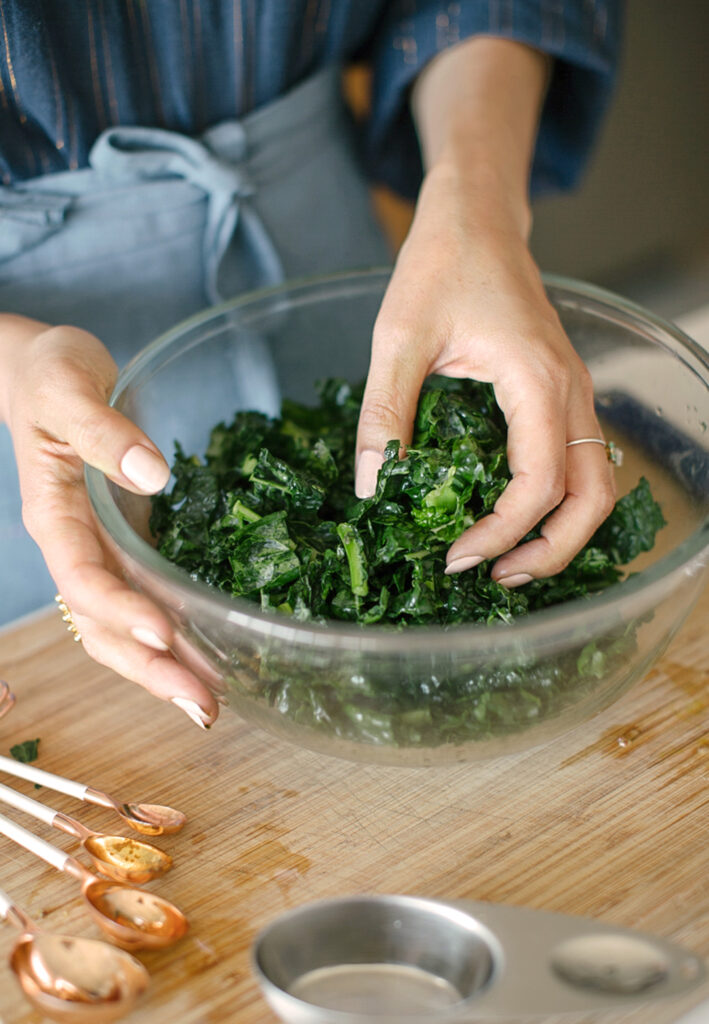
Ingredients Matter
The freshness and quality of the ingredients you use will make all the difference to the finished creation and the taste. Good ingredients form the foundation of any successful dish. Fresh, high-quality ingredients not only contribute to the overall flavor but also make the cooking process more enjoyable. They possess an innate vibrancy and depth of flavor that can transform a simple meal into a gourmet experience. Working with good ingredients also allows for beginner cooks to develop their palate, as they can better understand the nuances of different flavors and textures. As beginners experiment and gain confidence in the kitchen, they’ll quickly learn that the quality of ingredients is the cornerstone of creating delicious and memorable dishes. Starting with the best ingredients sets the stage for a lifelong love affair with cooking and the joy of savoring homemade meals that are truly exceptional.
Don’t Leave The Kitchen
It might be tempting to think you can leave the kitchen while your food is simmering or cooking slowly; however, staying in the kitchen while your food is cooking is a crucial practice for both novice and experienced cooks alike. It ensures not only the safety of the cooking process but also the quality of the final dish. When you’re present in the kitchen, you can monitor the heat, adjust cooking times, and prevent any potential mishaps such as burning or overcooking. It also allows you to engage all your senses—smelling, tasting, and visually inspecting the food as it transforms, enabling you to make timely adjustments and ensure the desired flavor and texture.
Being in the kitchen also promotes mindfulness and a deeper connection with the food you’re preparing, enhancing your culinary skills and ultimately leading to better, more satisfying meals. So, whether you’re following a recipe or improvising, never underestimate the importance of staying in the kitchen while your food is cooking; it’s the key to culinary success.
Learning how to cook can be a daunting experience, but taking small steps and gradually increasing your skills and capabilities can help you move forward with cooking and give yourself a helping hand in the kitchen.
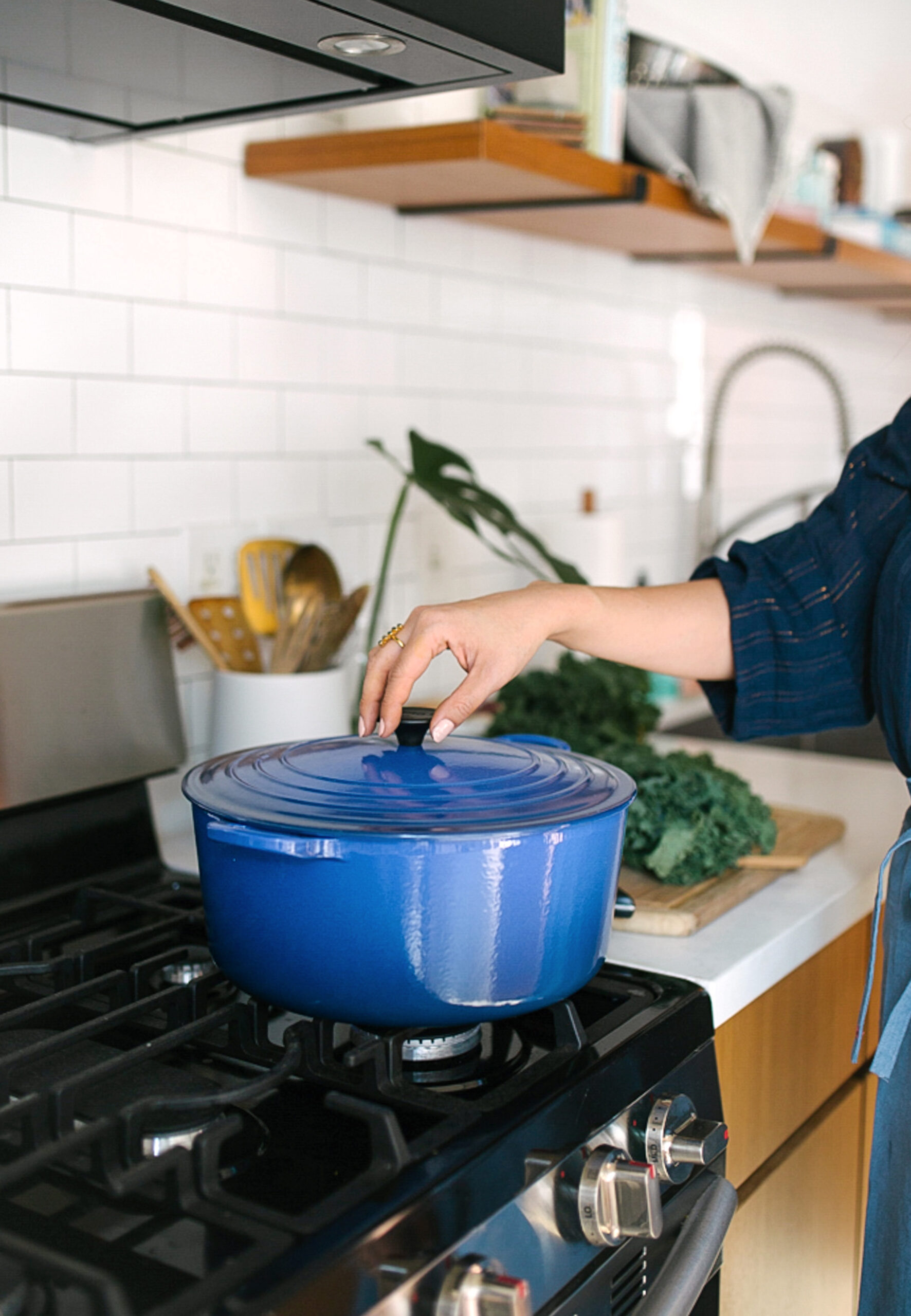
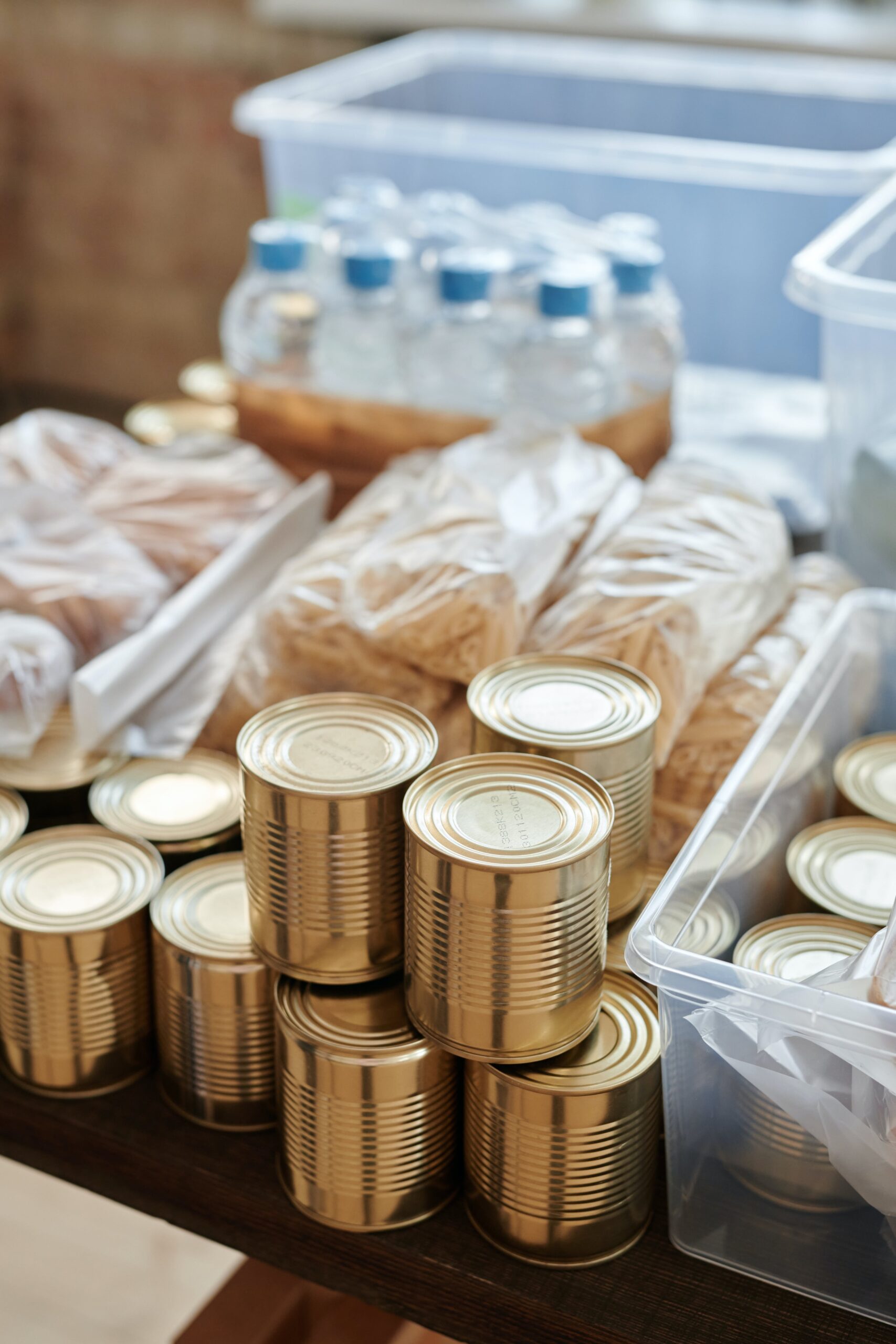

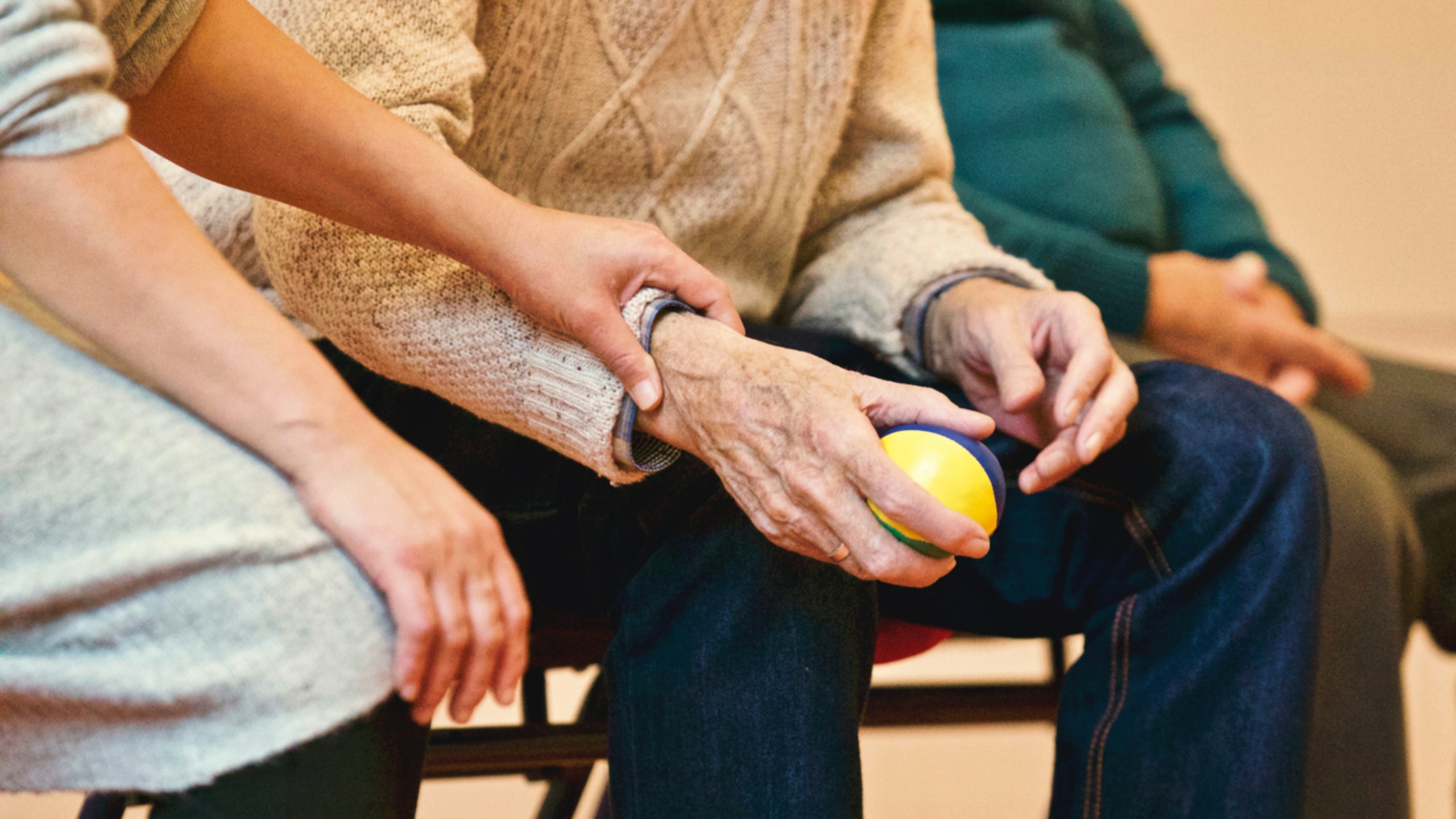







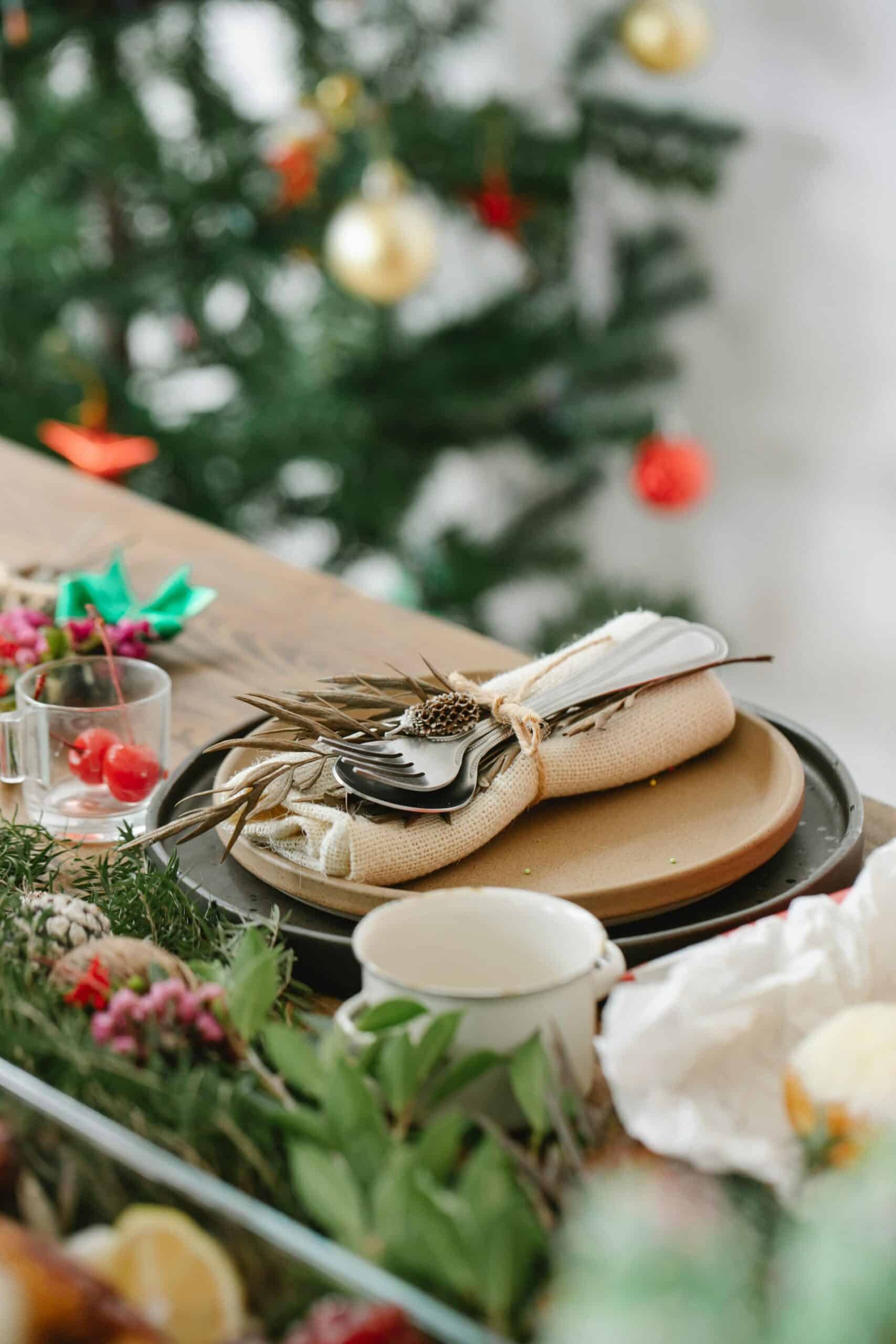
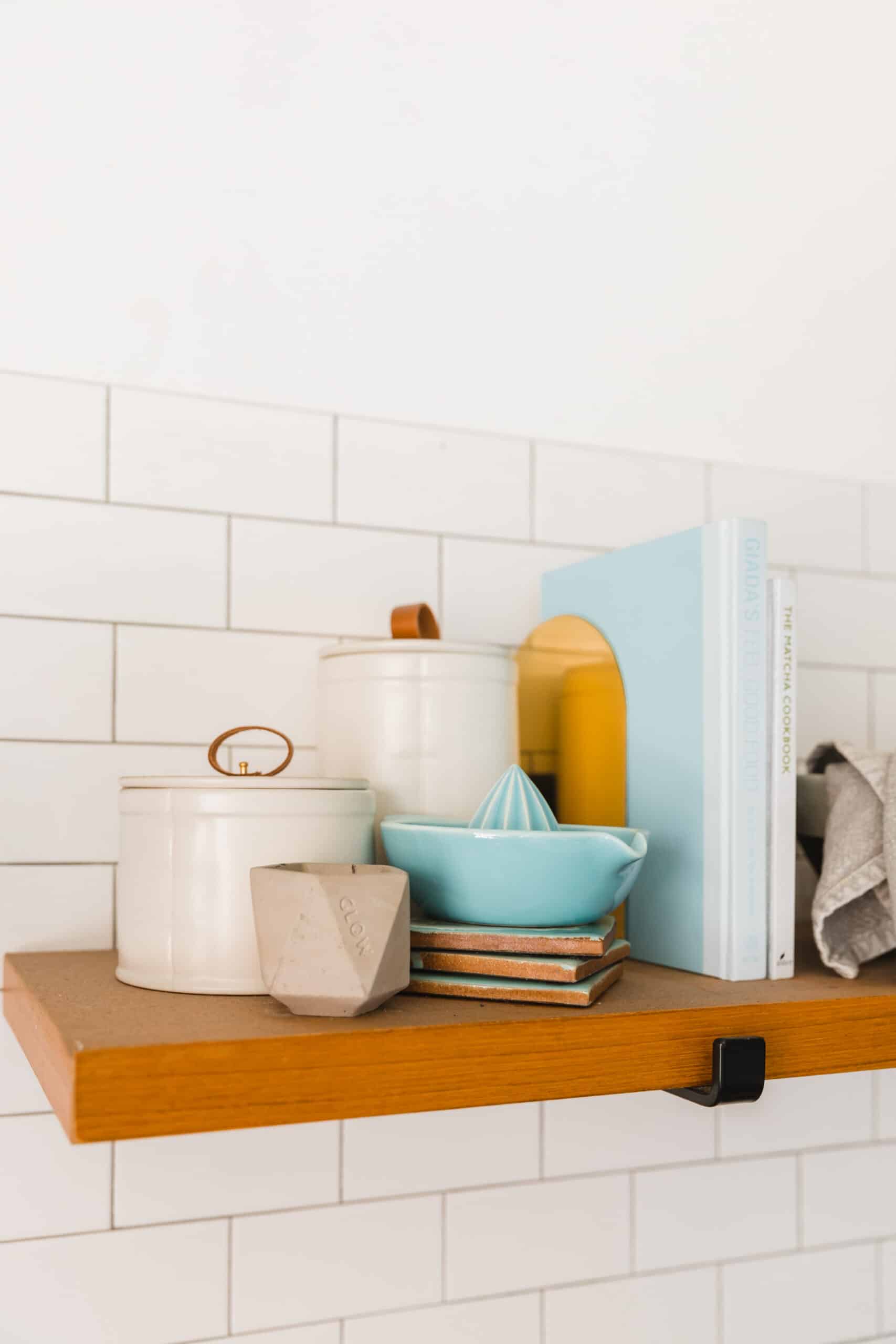



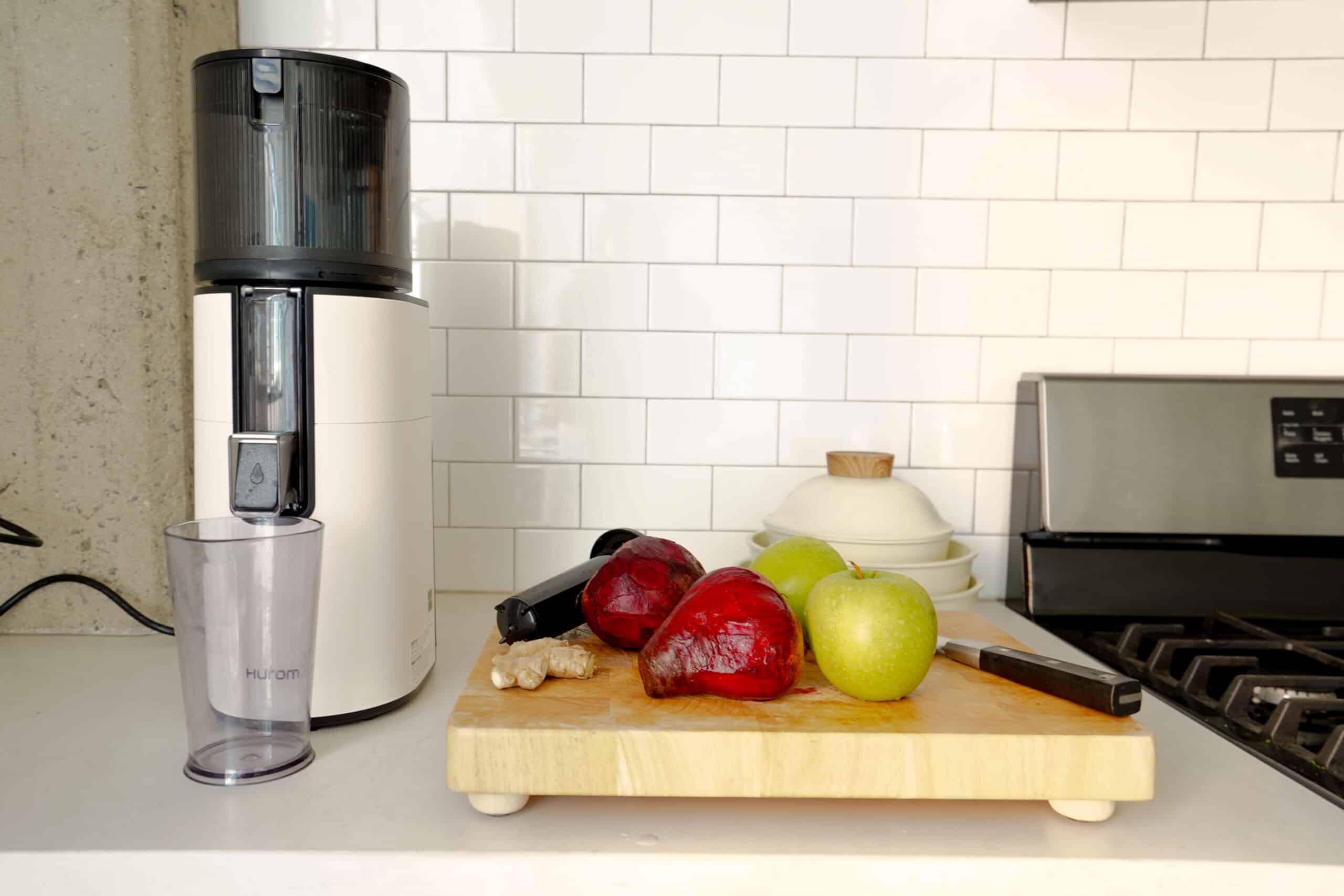







show comments